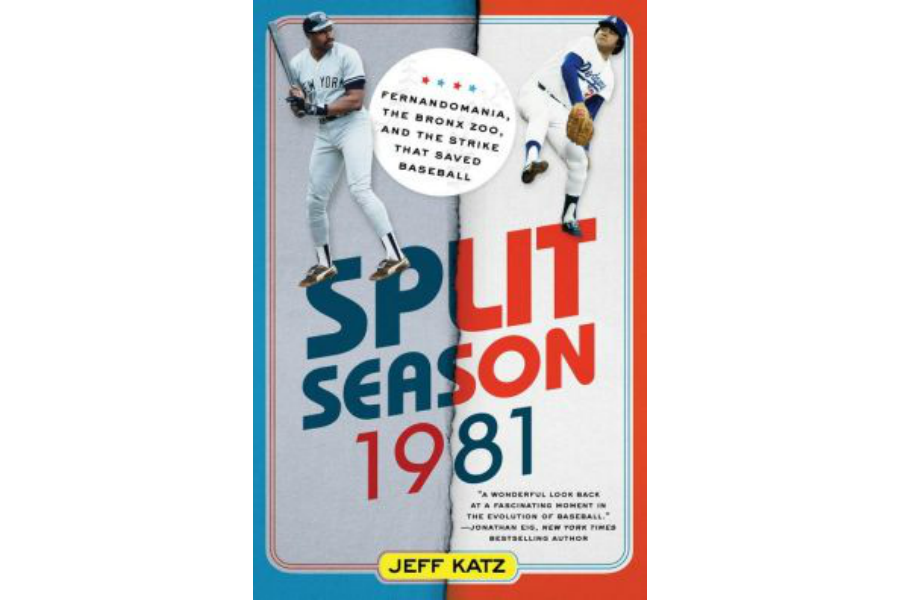One of the most tumultuous and eventful seasons in major-league history comes in for an in-depth look in Split Season. Not only did 1981 see a player strike lead to the cancellation of a total of 712 games and a split-season format, but it also was the year when Dodger rookie Fernando Valenzuela sparked Fernandomania and Pete Rose chased a hitting milestone.
Here’s an excerpt from Split Season:
“The Los Angeles Dodgers had been on the prowl for a Mexican star to heal the rift between the team and the Latino community. The 1980 census counted over 2 million people in L.A. County of Spanish origin, the main source of immigration being the Mexican state of Sonora, but the Dodgers drew poorly among Hispanics. As Brito thought back in 1978, Valenzuela could be the answer: the Mexican Sandy Koufax.
“While Valenzuela had his pregame nap, fans piled past hawkers selling Valenzuela merchandise and into the picturesque ballpark sculpted into the hillside, palm trees soaring above the wavy outfield pavilion roof, orange-and-blue Union 76 gas station signs throughout the inside. They were ready to see the Dodgers, off to their fastest start in 26 years square off against the Giants. And they were screaming for Fernando. Valenzuela took it all in, gazing around the packed ballpark, impishly grinning as they yelled his name and waved banners. Then it was time for the youngest pitcher in the league, a kid tough beyond his years, to take the mound.”







